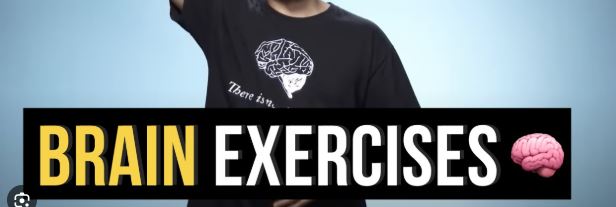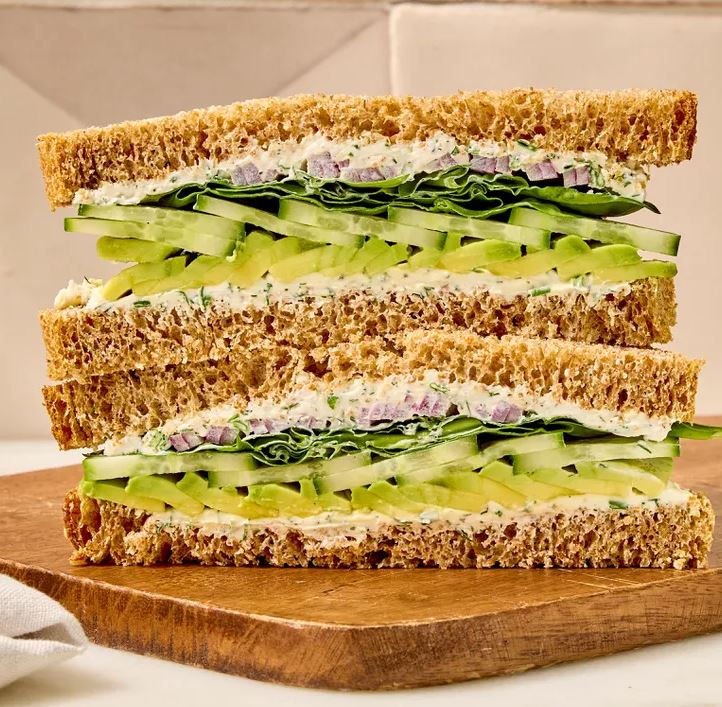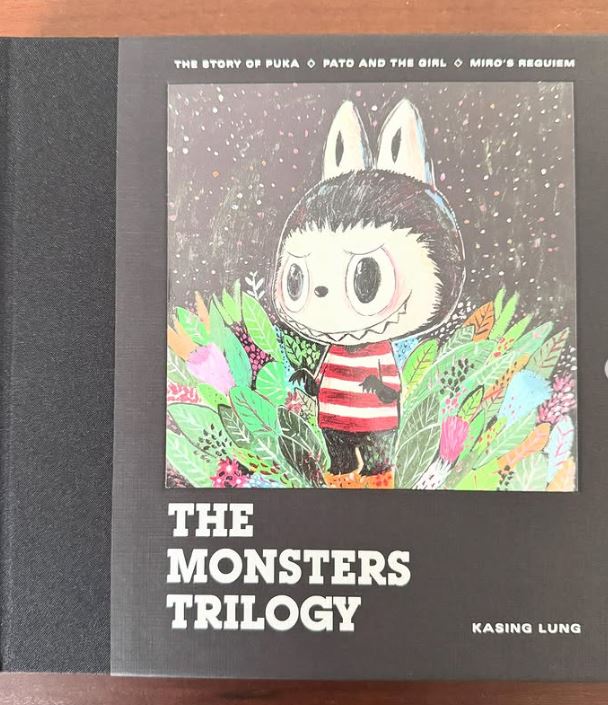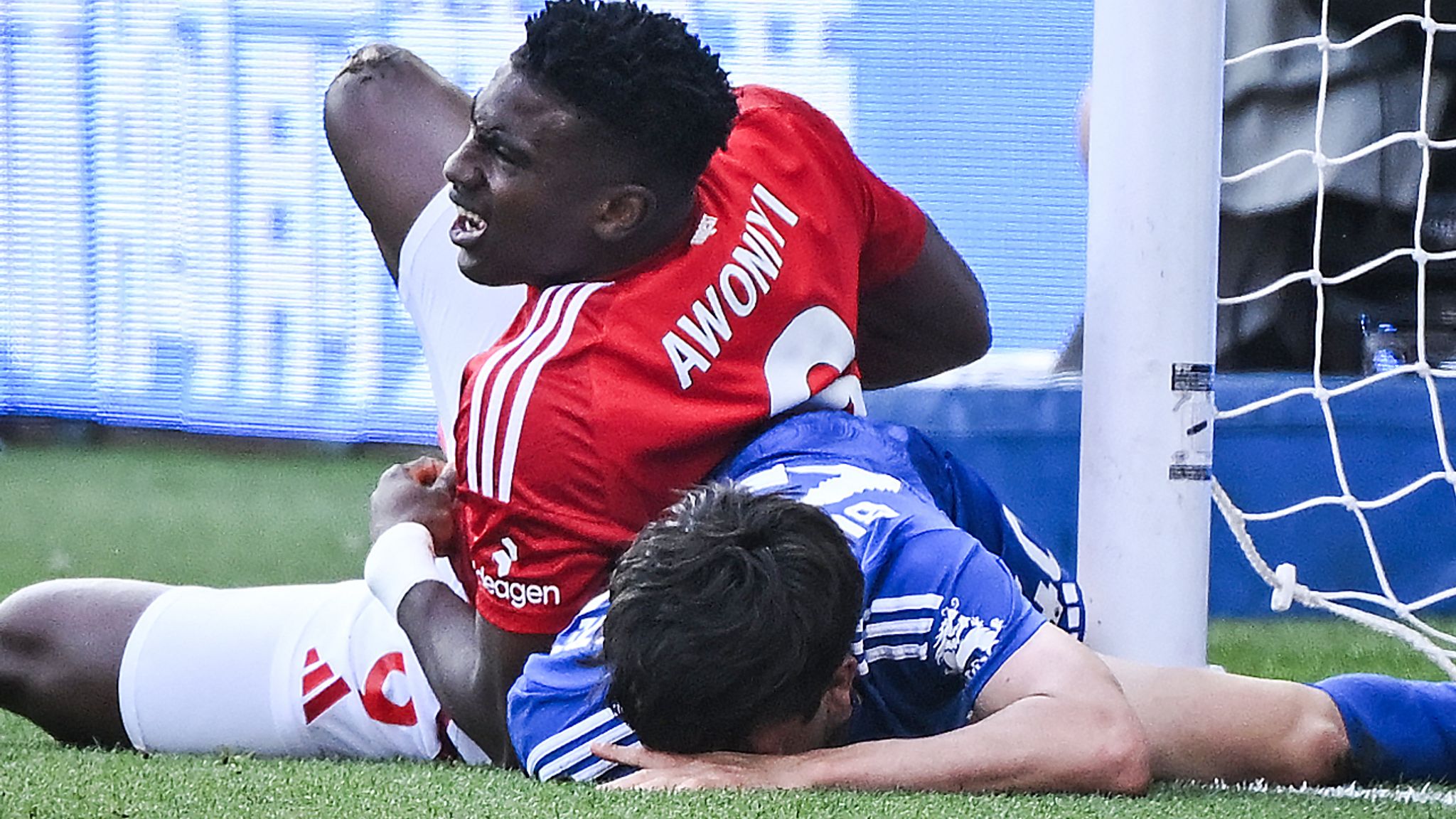Engaging in brain exercises, such as completing a sudoku puzzle, enhances cognitive abilities, boosts memory, and promotes overall mental well-being.
We all experience mental fog occasionally, but factors like stress, aging, inadequate sleep, or an unhealthy lifestyle can intensify this cognitive haze. This can have noticeable effects on memory, problem-solving skills, and overall cognitive function.
Engaging in brain-sharpening exercises can boost mental agility and help your brain stay focused and resilient. Here are some well-researched exercises and games to consider.
Whether you’re putting together a 1,000-piece image of the Eiffel Tower or joining 100 pieces to make Mickey Mouse, working on a jigsaw puzzle is an excellent way to strengthen your brain.
ResearchTrusted Source has shown that doing jigsaw puzzles recruits multiple cognitive abilities and is a protective factor for visuospatial cognitive aging. In other words, when putting together a jigsaw puzzle, you have to look at different pieces and figure out where they fit within the larger picture. This can be a great way to challenge and exercise your brain.
When’s the last time you played a game of cards? Researchers who conducted a study in 2015Trusted Source on mentally stimulating activities for adults, say a quick card game can lead to greater brain volume in several regions of the brain. The same study also found that a game of cards could improve memory and thinking skills.
Try learning one of these tried-and-true card games:
- solitaire
- bridge
- gin rummy
- poker
- hearts
- crazy eights
A rich vocabulary has a way of making you sound smart. But did you know you can also turn a quick vocab lesson into a stimulating brain game?
Research shows that many more regions of the brain are involved in vocabulary tasks, particularly in areas that are important for visual and auditory processing. To test this theory, try this cognitive-boosting activity:
- Keep a notebook with you when you read.
- Write down one unfamiliar word, then look up the definition.
- Try to use that word five times the next day.
The Centers for Disease Prevention and Control notes that learning new dance moves can increase your brain’s processing speed and memory. In other words, bust a move on the dance floor and your brain will thank you.
Want to test it out? Give one of these dance activities a try:
- Take a salsa, tap, hip-hop, or contemporary dance class.
- Try a Zumba or jazz exercise class.
- Watch an online video with fun dance moves you’ve always wanted to learn.
- Grab a partner and learn to ballroom dance.
- Gather your friends and go line dancing.
Learning a new skill is not only fun and interesting, but it may also help strengthen the connections in your brain.
Research from 2014Trusted Source also shows that learning a new skill can help improve memory function in older adults.
Is there something you’ve always wanted to learn how to do? Perhaps you’d like to know how to repair your car, use a particular software program, or ride a horse? You now have one more good reason to learn that new skill.
One of the best ways to expand your learning is to teach a skill to another person.
After you learn a new skill, you need to practice it. Teaching it to someone else requires you to explain the concept and correct any mistakes you make. For example, learn to swing a golf club, then teach the steps to a friend.
Do you want an easy way to increase your creative brain power? The answer may lie in turning on some music.
According to a 2017 studyTrusted Source, listening to happy tunes helps generate more innovative solutions compared to being in silence. Which means, cranking up some feel-good music can help boost your creative thinking and brain power.
And if you want to learn how to play music, now is a great time to start because your brain is capable of learning new skills at any point in your life. That’s wh
























